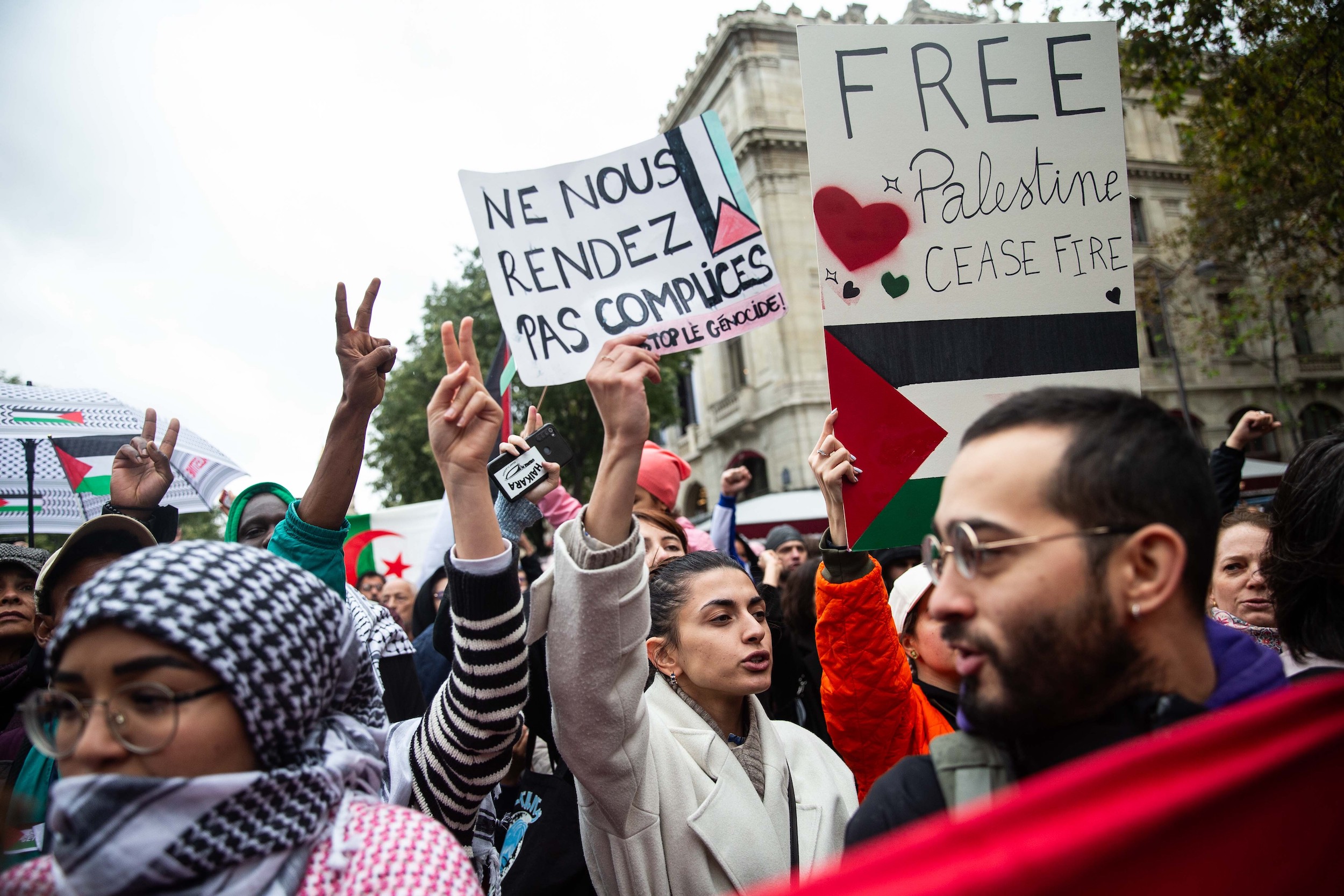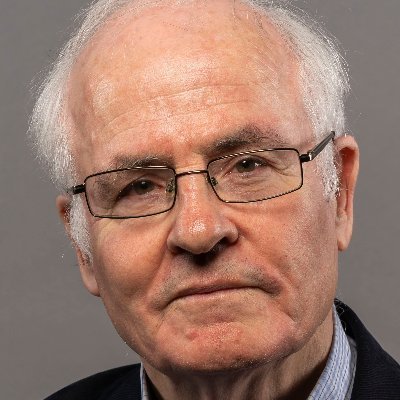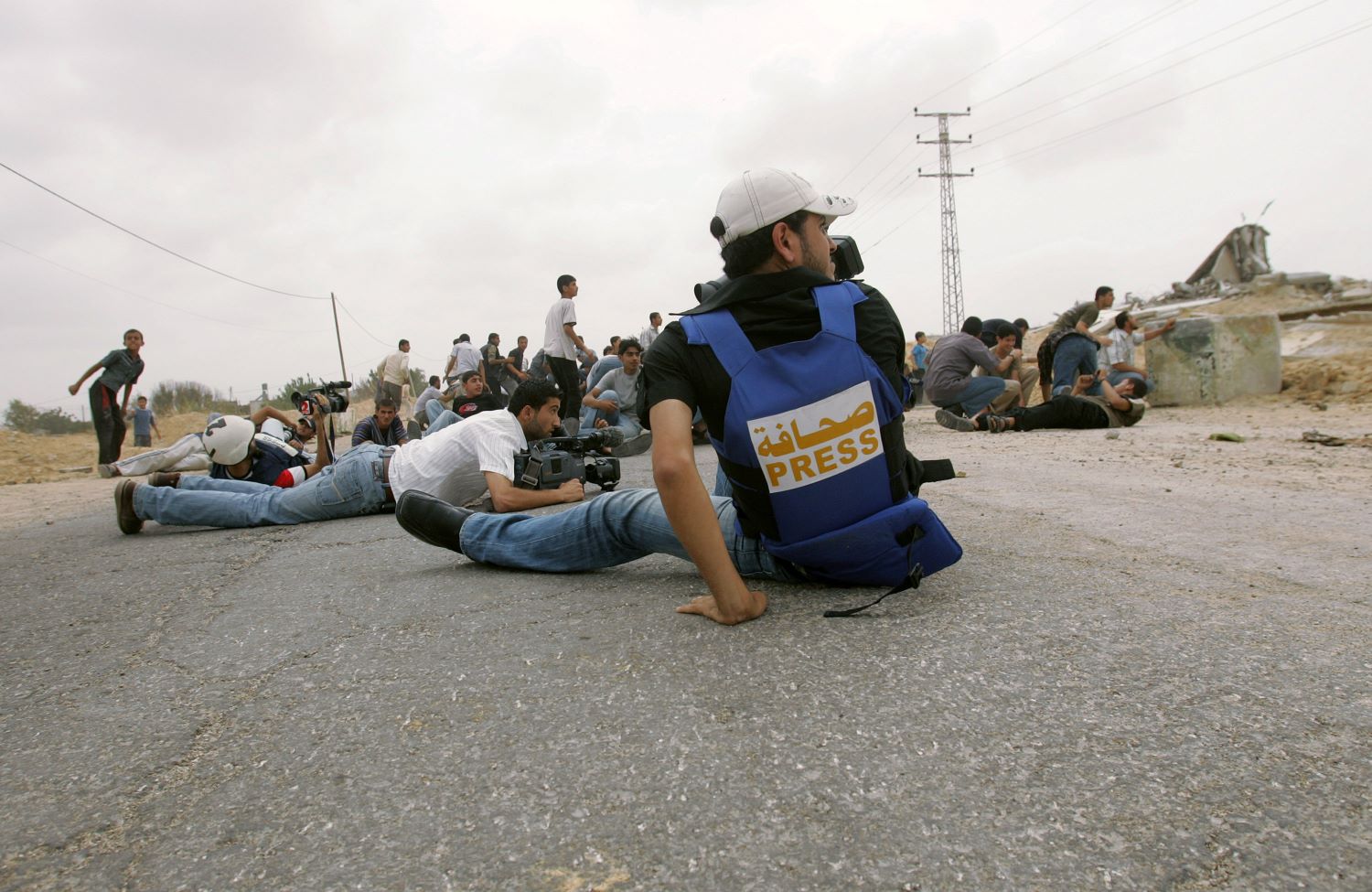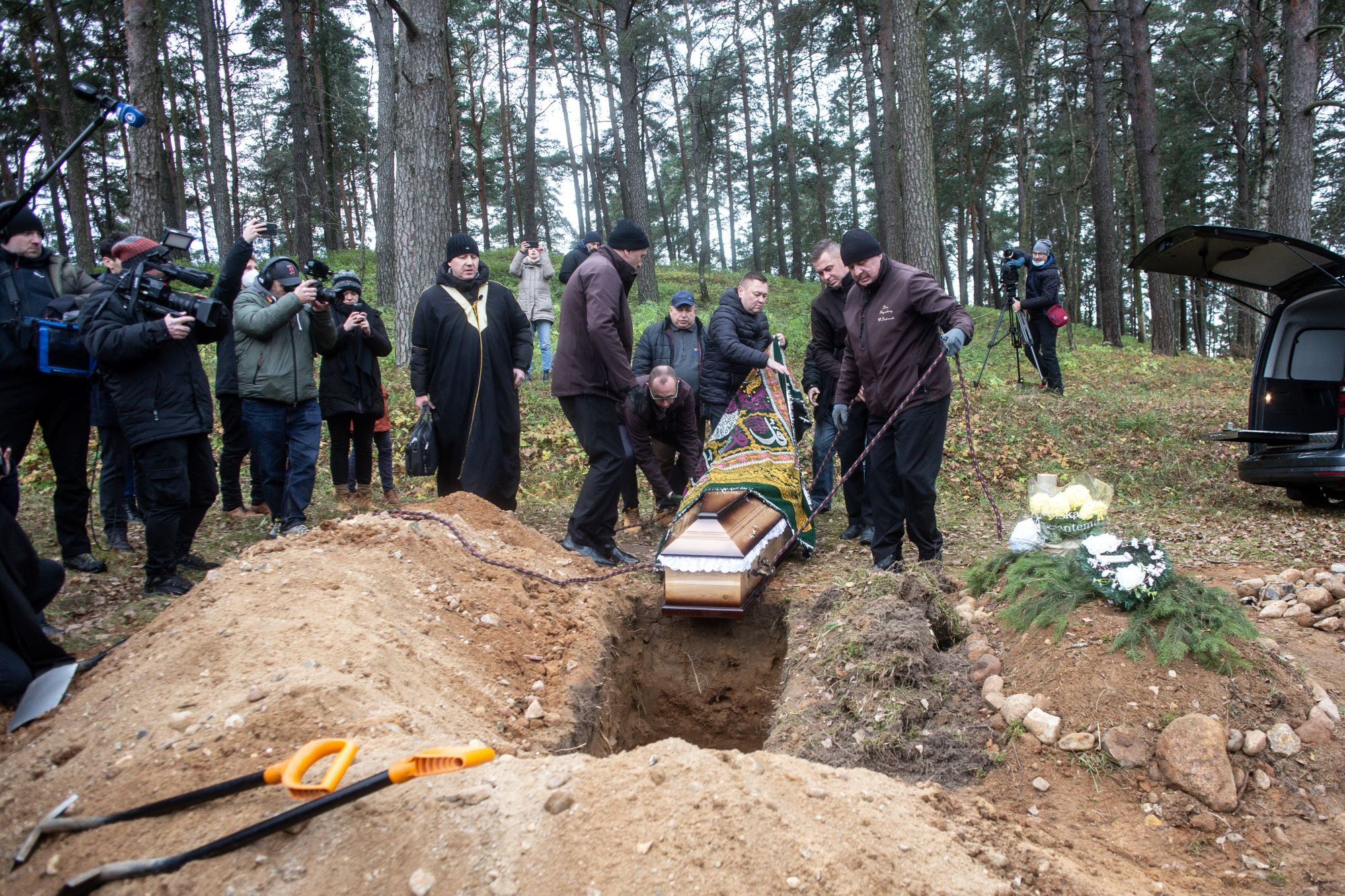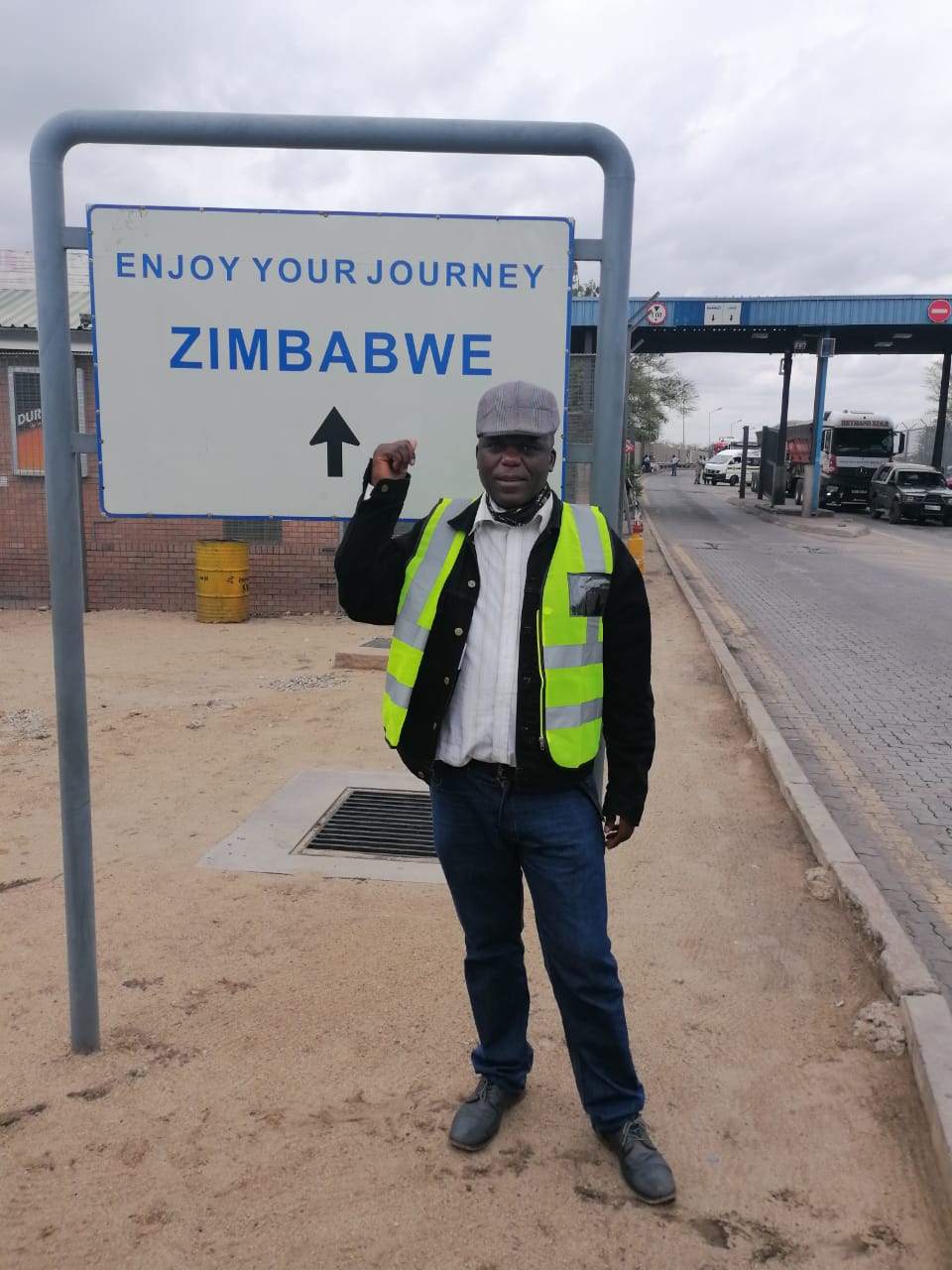This article was originally written in Arabic and translated into English using AI tools, followed by editorial revisions to ensure clarity and accuracy.
After nine months of genocidal war on Palestine, how can journalists tell human stories? Which stories should they focus on? And does the daily, continuous coverage of the war’s developments lead to a “normalisation of death”?
For nearly nine months now, Israel has been reproducing the same massacre — once to break the initial shock that such horrific crimes leave on the world’s conscience and again to turn the repetition of the same event into a “normal practice” under the high threshold it set the first time. After that, no eye turns to the new massacre.
When an unarmed child is killed, or refugee tents are bombed with an F-16 missile, it is a grave crime that immediately evokes images of blood and severed limbs, triggering angry or sympathetic reactions. These images circulate on television screens and social media, possibly prompting solidarity campaigns and angry protests, followed by political statements that “condemn”, “denounce”, and “deplore”. Yet the scene of the next crime — even if it is of the same nature — does not generate the same momentum. It is like throwing a stone into a still pond; the difference between the first and last ripples reflects how repetition breeds familiarity, which then leads to normalisation of what was once shocking.
The question that arises is: What is the journalist’s responsibility in this context? How can they avoid this normalisation that inevitably shifts horror from the realm of shock and disbelief to something familiar and routine?
Here, the human story emerges as one of the most vital fields of journalistic work — an expression of the journalist’s duty to people: to be a faithful guardian of their stories.
What is the journalist’s responsibility in this context? How can they avoid this normalisation that inevitably shifts horror from the realm of shock and disbelief to something familiar and routine?
The human story gives the journalist a way to preserve the uniqueness of each tale as a reflection of its protagonist’s individuality. It embeds itself deeply in the audience’s conscience, moving them from passive consumption to engagement and action — because they are reading about people like themselves.
Thus, the crisis always begins when a journalist settles for the easiest level of reporting: statistics and repetitive imagery, while being surrounded by human stories, each carrying its own distinctive mark. This is the difference between someone who merely shows the repeated image — even if it is of a child under one year old torn apart by Israeli shells — and someone who goes further: telling the child’s story, his mother’s heartbreak after ten years of failed fertility treatments, and what that loss means after a single successful IVF attempt that finally brought him into her life.
Working in the current war is a profoundly different experience, given its scale and the staggering number of casualties. It has touched people’s physical and psychological safety, their homes, livelihoods, aspirations, and even their outlook on life. Faced with this vast magnitude of suffering, one cannot help but feel responsible for making sure all these stories are heard and told. Some may ask: How does a journalist capture these stories in such times?
The crisis always begins when a journalist settles for the easiest level of reporting: statistics and repetitive imagery, while being surrounded by human stories, each carrying its own distinctive mark.
In truth, there is no need to be exceptionally talented — only to pursue the small details hidden behind the repeated image, choose questions carefully, and observe the contrasts between what people were just nine months ago and what they have become now.
Take, for example, the Abu Iskandar Market in the Sheikh Radwan neighbourhood, northwest Gaza City. In the middle of the war, a gold seller who once owned a chain of large shops now lays three planks across two stones to display his goods. Opposite him stand a young man and woman — perhaps newlyweds or engaged. Doesn’t this scene provoke questions? Did they come to buy a wedding ring at this harsh moment, or to sell it so they can afford something to eat? A few metres away, people crowd around a fortunate man with a fridge powered by shattered solar panels — all that remains after his warehouses, once the largest appliance stores in northern Gaza, were bombed. Now, he sells chilled water from that lone fridge.
All these details, and many more, are deeply striking — especially when compared to ordinary life. But people’s way of navigating life’s battles is even more astonishing. They are ordinary, in the end — yet their endurance, patience, and adaptation to endless loss renew that first gasp of disbelief every time. This war is also different because it is an existential battle waged by the occupying state. They claim they are defending an existence that can only be secured by erasing ours — politically, culturally, and demographically. Faced with this reality, coverage often swings between two dominant themes: the invincible hero, when the focus is solely on battlefield feats, and the crushed victim when attention shifts entirely to massacres, losses, and tragedies. The true uniqueness of complete coverage lies in blending both images: the hero can be wounded, oppressed, and wronged, yet still dignified, resilient, and steadfast in defending his land and rights. This approach not only humanises the resistance and its people but also frames their motives within an innate human reaction — one that every divine law and international charter protects and calls for.
People crowd around a fortunate man with a fridge powered by shattered solar panels — all that remains after his warehouses were bombed. Now, he sells chilled water from that lone fridge.
What is also different in this war is that most journalists share the same feelings as the heroes of their stories: loss, displacement, fear, the destruction of their homes, the loss of everything they worked for in life — all at once. This means that when they tell of someone losing a friend, brother, or loved one, they are also speaking of their own experiences. They might feel others’ tears on their own cheeks and sense their bodies tense as survivors recount their worst moments. In short, the journalists of this genocide are telling their own stories in many ways. That makes their sense of responsibility toward these stories even greater — a driving force to listen, narrate, and preserve the existence of those they speak for.




